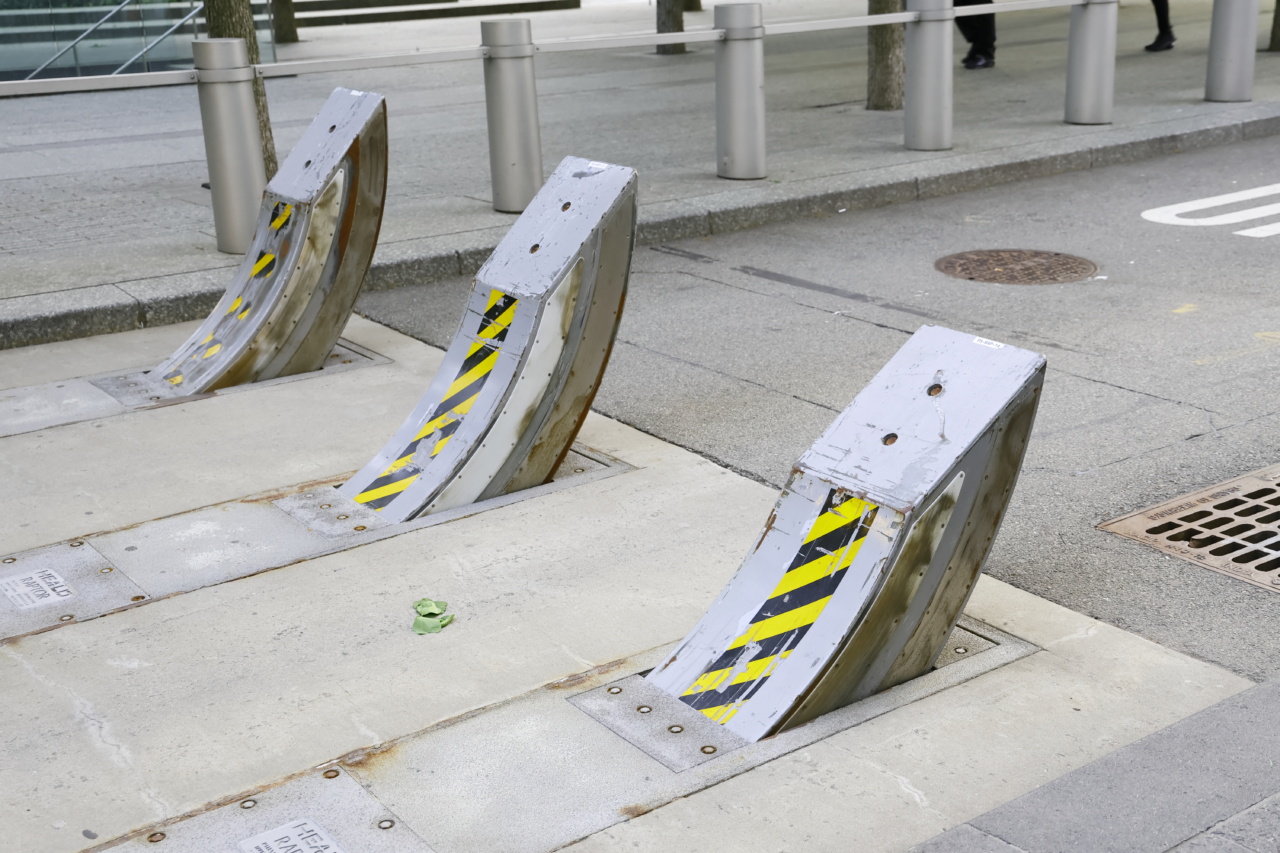Have you ever felt the urge to sneeze but tried to suppress it? It’s a common instinct, but did you know that stopping a sneeze can actually be harmful to your health? In this article, we’ll explore why you shouldn’t try to stop a sneeze and the potential consequences that can arise from doing so.
The Purpose of a Sneeze
Sneezing is a natural reflex that helps protect your body from harmful substances, irritants, and allergens. When you sneeze, your body forcefully expels air from your nose and mouth, clearing out any irritants and potentially infectious particles.
It’s your body’s way of defending itself and maintaining respiratory health.
The Dangers of Suppressing a Sneeze
While it may seem harmless to stop a sneeze, there are several reasons why doing so can be risky:.
1. Increased Pressure
When you suppress a sneeze, the pressure within your respiratory system increases. This can lead to potential complications such as damage to the blood vessels, rupture of the eardrum, or even a nasal septum perforation.
The increased pressure can also force infectious particles deeper into your respiratory system, increasing the risk of infections.
2. Spread of Infections
If you have an infectious illness like a cold or flu, trying to stop a sneeze can result in the spread of germs. Sneezes typically propel droplets containing viruses or bacteria into the air, which can then be inhaled by others nearby.
By suppressing a sneeze, you are preventing these pathogens from being expelled from your body, increasing the likelihood of spreading the infection to others.
3. Discomfort and Pain
Suppressing a sneeze can cause discomfort and even pain. When you hold back a sneeze, the muscles involved in the sneezing reflex contract forcefully, which can strain your throat, chest, and diaphragm.
This can lead to soreness, muscle fatigue, and even headaches. It’s best to allow a sneeze to happen naturally to avoid these potential discomforts.
4. Nasal Irritation
When you try to stop a sneeze, the irritation in your nasal passages can persist. Sneezing helps to clear out irritants and allergens from your nose, providing relief from congestion and nasal discomfort.
By preventing a sneeze, you could be prolonging the irritation and potentially worsening the symptoms of allergies or respiratory conditions.
5. Impact on Overall Health
Sneezing is a vital part of your body’s defense mechanism, and suppressing it can compromise your overall health.
By stopping a sneeze, you’re interfering with the body’s natural ability to expel irritants and allergens, leaving them trapped in your system. This can contribute to prolonged respiratory issues, increased susceptibility to infections, and a general decline in your well-being.
What to Do Instead
Instead of trying to stop a sneeze, it’s best to allow it to happen naturally. Here are a few tips to manage sneezing without suppressing it:.
1. Use a Tissue or Your Elbow
If you’re concerned about spreading germs, cover your mouth and nose with a tissue or sneeze into your elbow. This way, you can still prevent droplets from being dispersed into the air while allowing the sneeze to occur.
2. Practice Good Hygiene
Regularly washing your hands with soap and water, using hand sanitizers, and keeping your surroundings clean can minimize the risk of infections.
Additionally, maintaining proper respiratory hygiene, such as covering your mouth when sneezing or coughing, can help safeguard your health and that of those around you.
3. Seek Medical Advice
If you experience frequent uncontrollable sneezing or have concerns about your respiratory health, it’s best to consult a healthcare professional.
They can assess your symptoms, provide appropriate advice, and help identify any underlying conditions that may be contributing to excessive sneezing.
The Takeaway
While it may be tempting to suppress a sneeze, it’s important to let your body’s natural reflex run its course. Sneezing serves a crucial purpose in clearing out irritants and maintaining respiratory health.
By allowing a sneeze to happen naturally and practicing good hygiene, you can protect yourself and those around you from potential harm.































